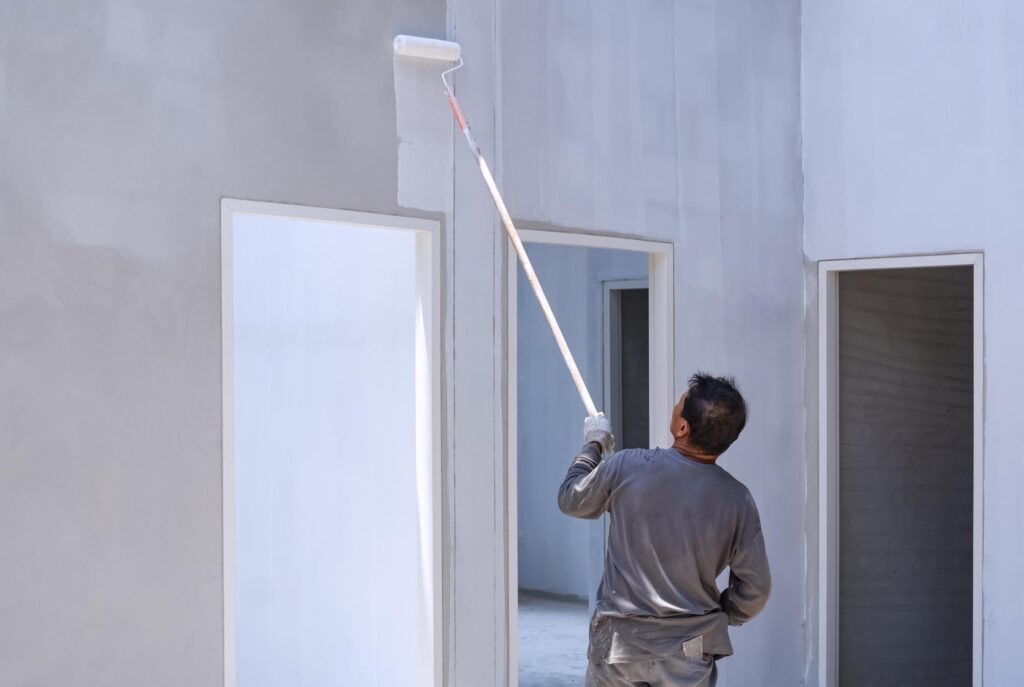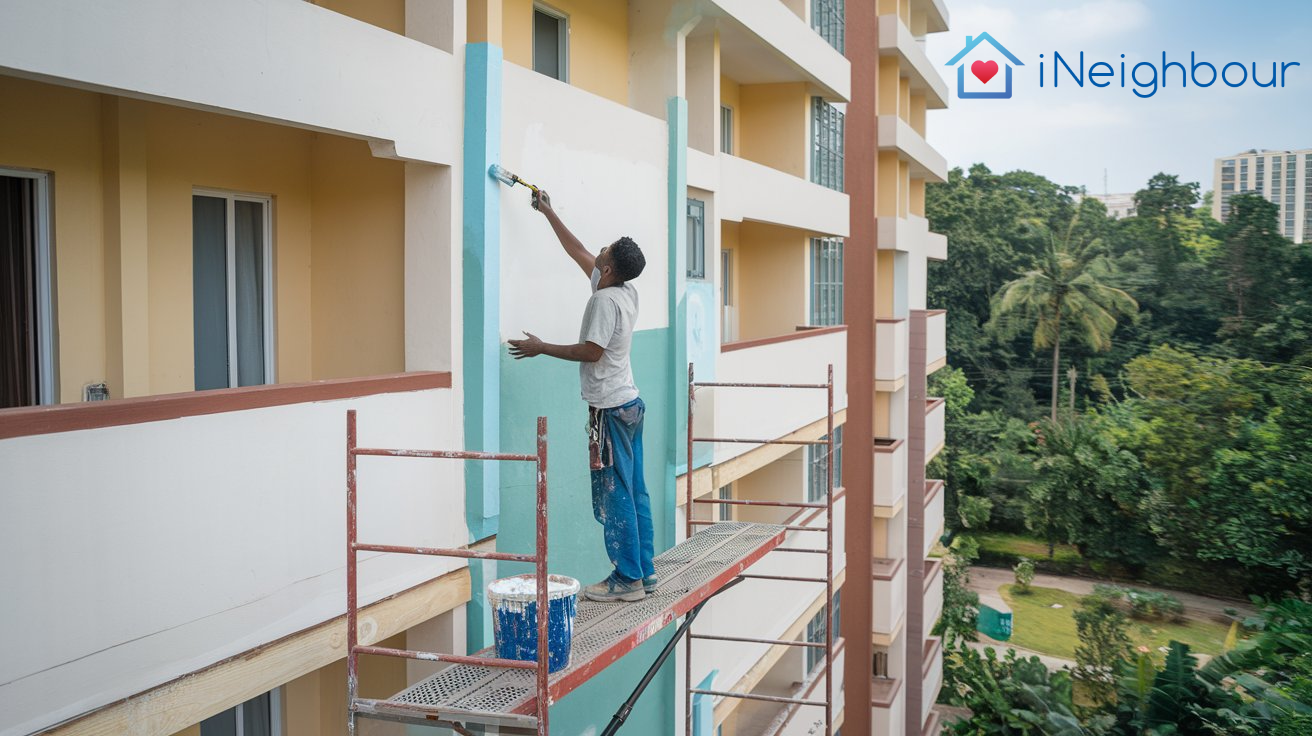Maintaining a residential community involves more than just appearances. It is about ensuring every shared service operates smoothly, and this is where maintenance fees in residential areas come into play. From security systems to swimming pools, everything depends on these fees. Whether you live in a high-rise or a gated community, understanding these fees is essential in order to ensure hassle-free living.
In this article, we will explore maintenance fees in detail. We will cover what they are, how they are calculated, and tips for managing them effectively. Let’s get started.
Table of Contents
- What Are Maintenance Fees and Why Are They Important
- How Maintenance Fees Are Calculated
- What Do Maintenance Fees Cover
- How to Budget for Monthly Maintenance Fees
- The Importance of Transparency in Maintenance Fee Management
- How Maintenance Fees Are Used to Improve Community Living
- Challenges in Collecting and Managing Maintenance Fees
- Penalties for Non-Payment of Maintenance Fees
- Best Practices for Managing Maintenance Fees in Residential Areas
- Digital Solutions for Managing Maintenance Fees
- Preparing for Maintenance Fee Audits
- Managing Maintenance Fees Efficiently for a Better Community
What Are Maintenance Fees and Why Are They Important?
Maintenance fees in residential areas are payments made by residents to fund the upkeep of shared spaces. These fees play a vital role in keeping your community safe, clean, and enjoyable. Without them, essential services such as security, cleaning, and repairs would collapse. As a result, the community would face significant deterioration.
Imagine a community where trash piles up, elevators stay broken, and the pool becomes unusable. Maintenance fees ensure there is always funding for these essential services. They are more than just payments; they are the foundation of a well-maintained community.
How Maintenance Fees Are Calculated?
Have you ever wondered how your maintenance fees in residential areas are determined? Management teams calculate these fees using several factors.
Factors Impacting Fee Calculation
For example, your fees depend on the size of your property, the number of units, and the services your community offers. A high-rise with a pool, gym, and security guards will have higher fees in comparison to a smaller, simpler development.
Unit-Based Calculations in Strata Communities
Management committees often calculate fees based on unit size in strata communities. As a result, larger units typically contribute more since they benefit more from shared resources. This ensures fairness in fee distribution.
What Do Maintenance Fees Cover?
Understanding what your fees include can help reduce confusion or frustration.
Common Inclusions
Typically, most maintenance fees cover the following:
- Routine cleaning and landscaping
- Security services
- Repairs to shared infrastructure
- Utilities for common areas, such as lighting and garden water
- Waste management
What’s Typically Excluded from Maintenance Fees?
In contrast, these fees do not extend to personal expenses. Residents must handle the following costs individually:
- Repairs inside your own unit
- Utilities within your personal space
- Private amenities like reserved parking spaces
It is important to note that maintenance fees are different from a sinking fund. While maintenance fees are used for ongoing, routine expenses, sinking funds are typically allocated for larger, long-term projects, such as major structural repairs or roof replacements.
How to Budget for Monthly Maintenance Fees?

Maintenance fees can be a consistent expense, but with proper planning, you can manage them without financial strain.
Prepare for Annual Increases
Consequently, fees often increase yearly due to rising costs for labor, utilities, and community upgrades. You can avoid unpleasant surprises by anticipating these changes in your budget.
Set Aside Emergency Funds
Unexpected expenses, such as emergency repairs, sometimes require additional contributions. Setting aside a small reserve fund can help you manage these situations more effectively and stress-free.
The Importance of Transparency in Maintenance Fee Management
Management teams must prioritize transparency when managing maintenance fees. Without transparency, mistrust can grow quickly, leading to disputes and reduced cooperation.
How Transparency Builds Trust
When residents can see how their fees are spent, they feel more confident in the management team. Sharing detailed financial breakdowns, holding regular meetings, and keeping communication open are excellent ways to build trust. Resident associations often play a crucial role in fostering this transparency by acting as a bridge between management and residents, ensuring that everyone is informed and involved in decision-making.
The Risks of Poor Transparency
Communities lacking transparency often face disputes over fee usage. This can lead to payment delays, reduced cooperation, and even legal conflicts. All of these disrupt community harmony.
How Maintenance Fees Are Used to Improve Community Living
When managed properly, maintenance fees significantly enhance the quality of life in residential areas.
Investing in Security
Management teams often reinvest funds in upgrading security systems, installing surveillance cameras, or employing guards to create a safer environment for everyone.
Enhancing Shared Amenities
These fees maintain pools, gardens, and other communal amenities. This keeps them in pristine condition and adds value to the living environment.
Supporting Regular Maintenance and Repairs
Routine maintenance, such as fixing elevators, repainting walls, or servicing water pumps, ensures that everything functions smoothly for residents. In turn, this enhances the overall quality of life in the community.

Challenges in Collecting and Managing Maintenance Fees
Managing maintenance fees can feel challenging due to common issues like late payments, disputes, and non-compliance.
Late Payments
Late payments disrupt the cash flow needed to maintain services. To address this issue, sending timely reminders and implementing penalties can be effective.
Disputes Over Fees
Residents often dispute fees they believe are unfair. Transparent communication and detailed financial reports can minimize these conflicts.
Impact of Non-Payment
Non-payment does not just affect the individual; it impacts everyone. Delays or reductions in services can lower the overall quality of life for all residents.
Penalties for Non-Payment of Maintenance Fees
What happens if a resident does not pay their maintenance fees? Management often imposes penalties to encourage timely payment.
Legal Actions Against Non-Payers
In some cases, management teams take legal action against residents who consistently default on their fees. This could include hefty fines or court involvement.
Impact on Community Services
Non-payment does not only affect the individual; it impacts the entire community. Essential services may be reduced or delayed, which ultimately affects everyone’s quality of life.
Best Practices for Managing Maintenance Fees in Residential Areas
Managing maintenance fees effectively ensures smooth operations and builds trust within the community.
Keep Financial Records Organized
Accurate bookkeeping is the foundation of fee management. Organized records make it easier to track income and expenses, prepare reports, and identify discrepancies.
Conduct Regular Audits
Regular audits provide accountability and reassure residents that funds are used responsibly.
Encourage Open Communication

Maintaining open communication helps address residents’ concerns and provides clarity on how maintenance fees are being used.
Digital Solutions for Managing Maintenance Fees
Technology has revolutionized the way maintenance fees are managed, offering convenience and efficiency for both management teams and residents.
Automating Payment Tracking
Digital systems allow management teams to automate payment tracking. This ensures timely updates on who has paid and who has not.
Sending Payment Reminders
Automated reminders help reduce late payments and improve cash flow for the community.
Generating Comprehensive Financial Reports
Modern platforms generate detailed financial reports with just a few clicks. This enhances transparency and accountability.
Preparing for Maintenance Fee Audits
Audits are critical for maintaining trust and ensuring funds are used appropriately.
Organize All Financial Documents
Before an audit, you should ensure all financial records, including invoices, receipts, and payment logs, are well-organized and easily accessible.
Collaborate with Professional Auditors
External auditors can provide an unbiased perspective, ensuring compliance with financial regulations.
Share Findings with Residents
After completing an audit, share the findings with residents. Transparency during this process reinforces trust and demonstrates responsible fund management.
Managing Maintenance Fees Efficiently for a Better Community
Proper management of maintenance fees ensures everything from repairs to regular services runs smoothly. This enhances the quality of life for all residents.
If your community is looking for a way to streamline maintenance fee management, consider using a robust system like iNeighbour. This resident management app simplifies processes with features such as e-payment, e-documents, event and visitor management, safety, and analytics. Make your community living more efficient and stress-free with iNeighbour.
